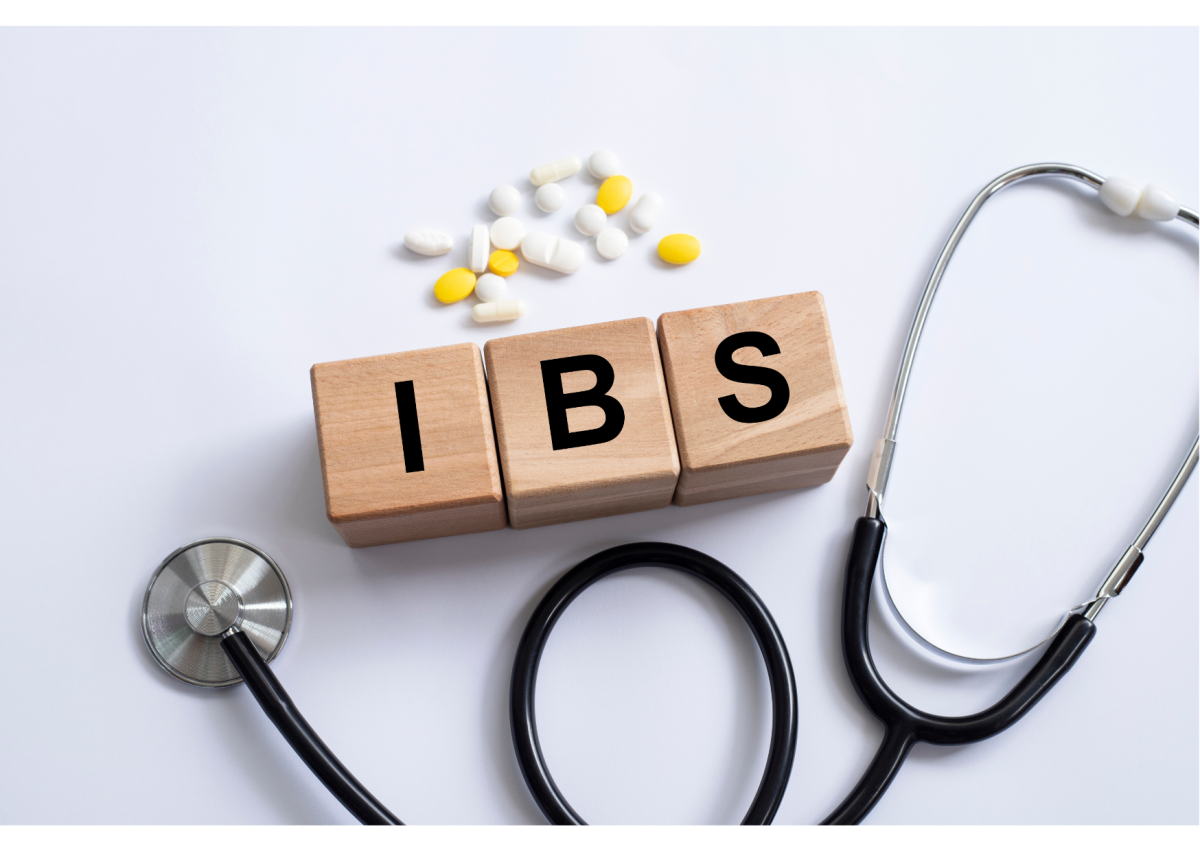Collagen for IBS – Comprehensive Guide
- Supplements
People have long discussed supplementing collagen for IBS management. Although, more commonly known for aesthetic benefits, such as strengthening hair and nails.
But will taking collagen for IBS help your symptoms, or is it another fad to be wary of?
This article will outline what we know about collagen supplements and their role in IBS.

What is collagen?
Collagen is a protein that is a fundamental building block in the human body. It makes up a large proportion of our skin, bones, tendons, ligaments, and connective tissues.
Collagen is crucial for maintaining the strength, elasticity, and integrity of these body parts.
There are different types of collagen, each with specific functions in various body parts:
- Type I is found in the skin, tendons, and bones
- Type II is found in cartilage
- Type III collagen is present in blood vessels and organs, including the gut lining.
Where does collagen come from?
Your body can make collagen from amino acids found in high-protein foods such as poultry, red meat, eggs, and beans.
Collagen supplements are mostly from animal sources but have been processed to form a pill.
Does collagen help IBS?
Despite some people suggesting potential relief for certain IBS symptoms, there is no research directly addressing the impact of collagen on individuals with IBS.
This means we have no idea if collagen would help IBS or not.
One study looked at the effect of a daily collagen supplement on digestive symptoms in otherwise healthy women (they did not have IBS) (1).
The findings revealed that supplementing with collagen for eight weeks significantly improved symptoms such as abdominal pain and bloating compared to a placebo.
However, this study only had 14 people who completed the treatment, so it acts as very weak evidence.
Additional studies with larger sample sizes and extended durations are necessary to validate these results. This is because we can’t assume that these results will apply to everyone or for life.
Other research has shown that people with inflammatory bowel disease (IBD) have reduced serum levels of collagen, leading people to believe collagen could help treat this condition (2).
However, we have no evidence that collagen supplements would change serum levels or symptoms.
Collagen is a protein made up of smaller blocks called amino acids. When any protein enters the body it is broken down into these smaller blocks and your body then builds new proteins.
So, it is highly unlikely that taking collagen specifically will result in that collagen being kept together and then sent to the site of need.

Can collagen help leaky gut syndrome?
Leaky gut syndrome is not a ‘real’ condition. Although your gut can become more or less leaky (permeable), there is no ‘syndrome.’
Some people claim that taking collagen can decrease gut permeability. The studies available are all in laboratories looking at cells, or tested on animals.
There are no studies in humans to see if collagen supplements would change gut permeability.
The data from the test tube and animal studies cannot be compared with humans, as we know there are many factors in the environment that might change the results.
Summary
Collagen is an important part of our body’s structures, including skin, bones, and blood vessels.
While scientists are still figuring out how collagen directly affects IBS, there’s a chance that taking collagen supplements could help ease some related symptoms.
But, we need more research with bigger samples to know whether collagen helps people with IBS, as there is no evidence to support it in humans.
If you’re considering trying collagen supplements, it’s a good idea to talk to a healthcare professional to see if they’re suitable for you.